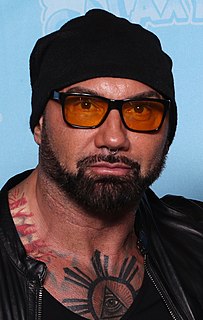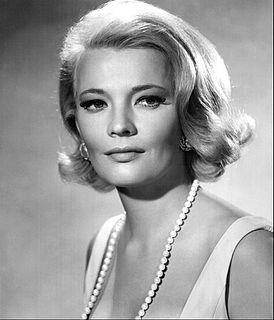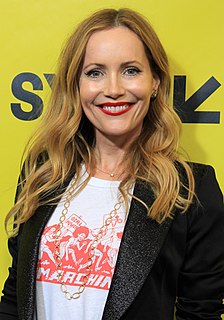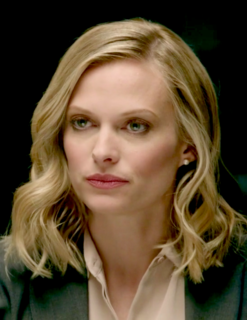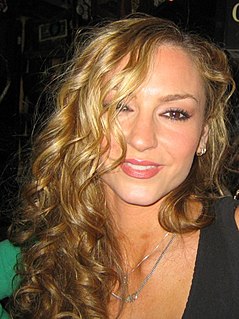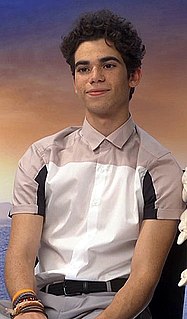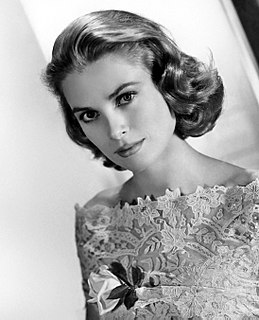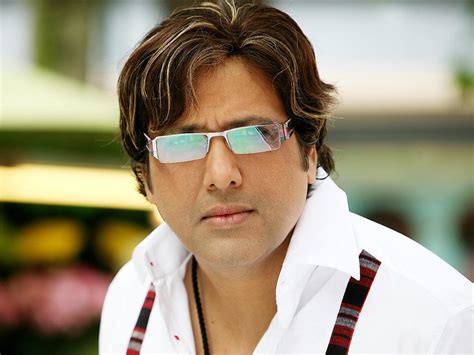A Quote by Bryan Konietzko
Early on, many years ago when we started 'Avatar,' the executive that we were working with said to make the sad scenes sadder, the funny scenes funnier, the scary scenes scarier. That was kind of permission to do what we felt comfortable with.
Related Quotes
John Cassavetes was there at night while I was working. After they [with his friends] discussed as much live TV as they felt they needed to, they started improvising scenes just for the fun of it and one of those scenes everybody got very interested in and it turned into Shadows [1959]. That movie was entirely improvised.
I have a graduate degree from Penn State. I studied at Penn State under a noted Hemingway scholar, Philip Young. I had an interest in thrillers, and it occurred to me that Hemingway wrote many action scenes: the war scenes in 'A Farewell to Arms' and 'For Whom the Bell Tolls' come to mind. But the scenes don't feel pulpy.


